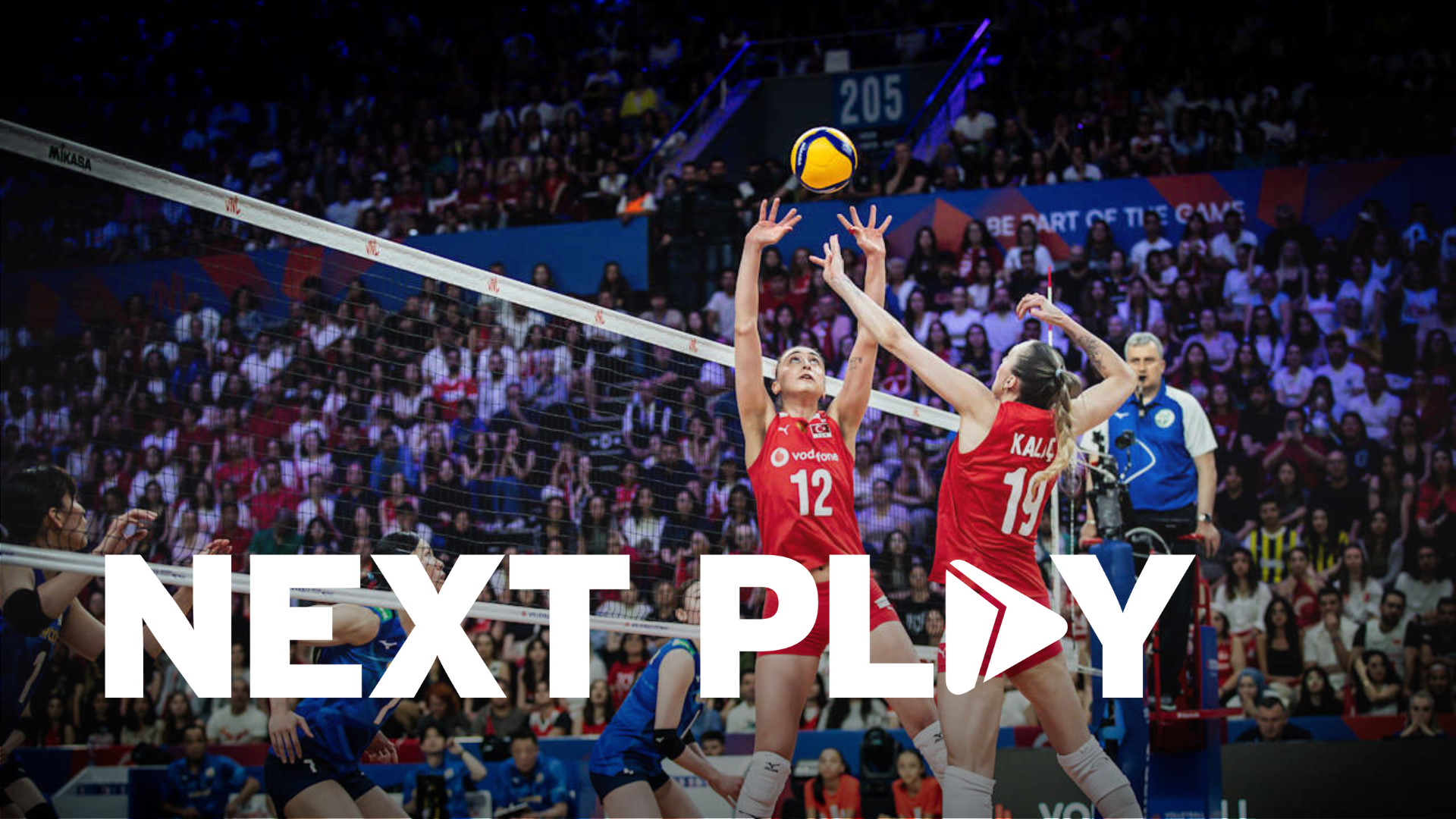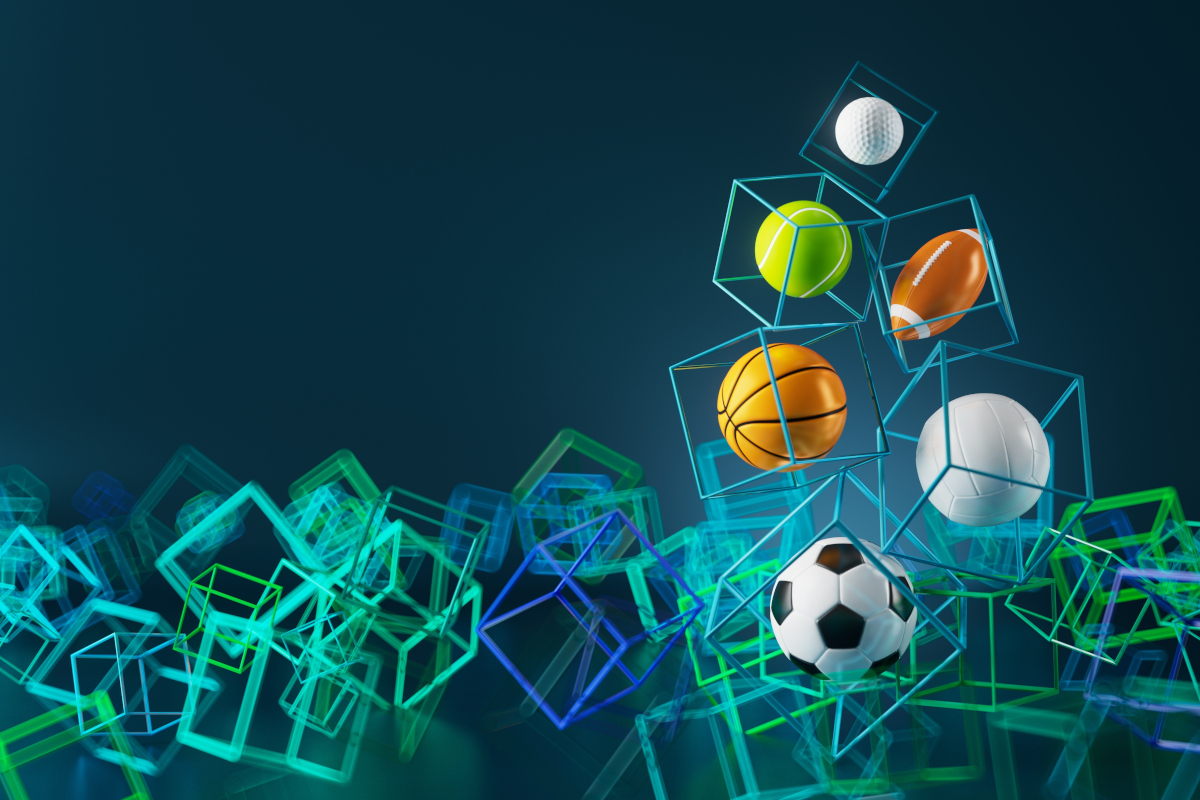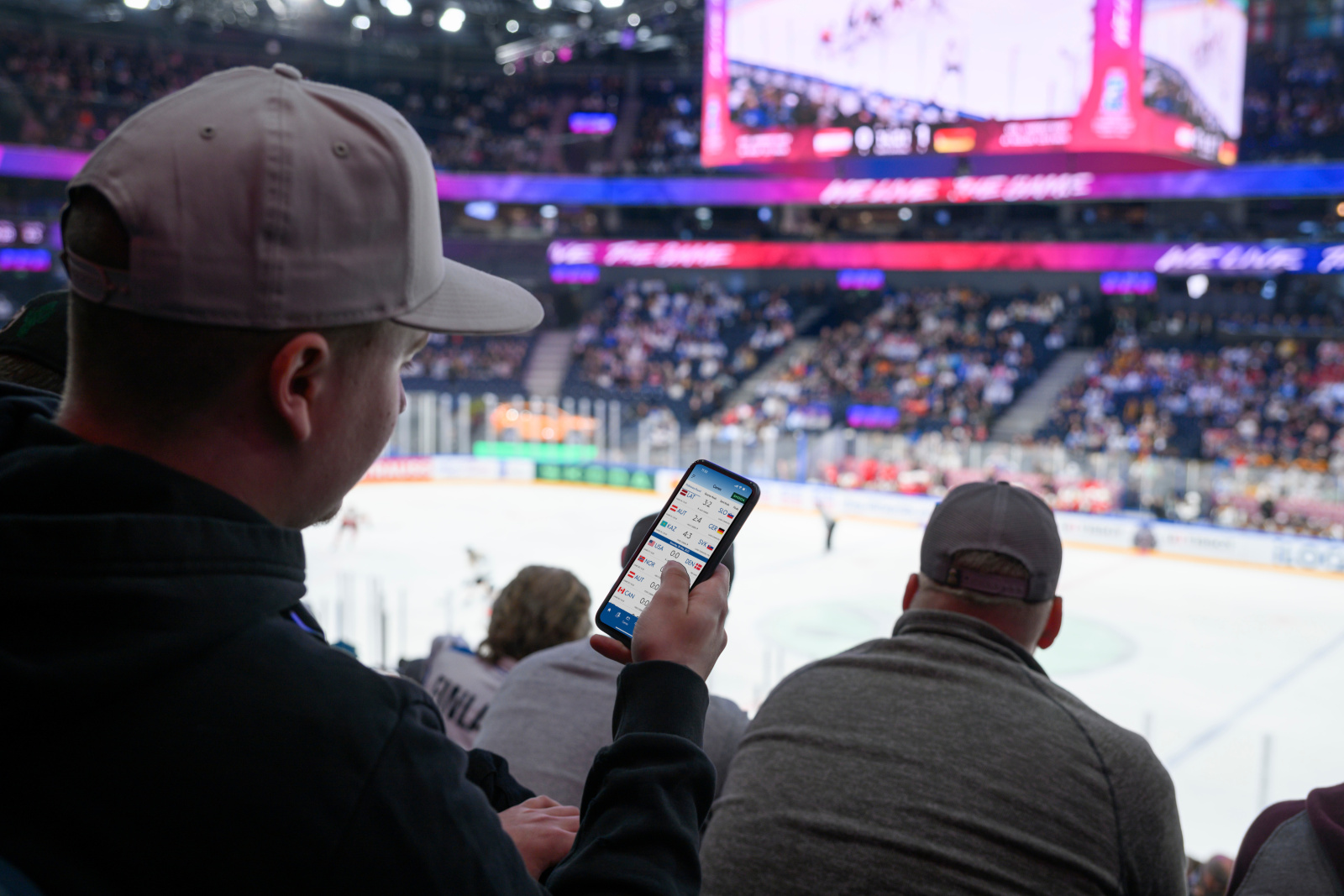Artificial intelligence (AI) is already playing a pivotal role in changing the way we experience and consume sports. What does the future hold?
AI has been making inroads into various industries and sectors, including sports, for several decades. Its origins date back to the 1950s when researchers began to explore whether machines could mimic human intelligence. It has since evolved from rule-based models to expert systems and machine learning. The speed of development in the last few years has seen an increase in usage to enhance sport for players, coaches and fans alike.
But AI does have its challenges, most notably privacy concerns and bias. Despite this, the future looks promising, with the potential to revolutionise the way we experience and consume sports. From player analysis and injury prevention, to transforming content creation workflows and increasing fan engagement. There are many ways rightsholders can make AI work for them, without losing the human touch.
The impact AI is having on the sports industry beyond technology
Whilst the technological capabilities of AI in sport are clear, it still faces several challenges. The question of data privacy and security concerns, lack of standardisation and lack of understanding of the technology are a handful.
Additionally, there are concerns about the potential for bias. Systems can perpetuate existing biases if they are not well-designed and trained. This is because AI systems learn from the data they are fed, and if the data is biased, the system will be as well. In short, AI learn bad, AI do bad.
Furthermore, there is a fear that the increased use of data-based content may lead to a loss of autonomy. This includes analysis and scouting.
Having said that, the true power of AI is in augmenting human capabilities, not replacing them. AI can open up new job opportunities, such as AI development and management, and let employees spend more time being critical and creative.
The true power of AI is in augmenting human capabilities, not replacing them. It's important for the industry to consider and address these challenges to realise the potential. Lean into the new technology, don’t be that guy from Moneyball, but do embrace Moneyball 2.0.
What is the future of AI in sport?
It’s clear AI is here to stay, and sport will be the better for it. We’ve outlined some of the main areas the technology is already improving the experience, but what’s next?
One of the potential future developments is the use of virtual and augmented reality technology. This was highlighted in the Mastercard Sport Economy Index 2023, with over a quarter of European sports fans having already experienced sport via VR. According to the report “VR also looks set to form a key part of the stadium of the future, with 21% of fans hoping to experience immersive technology that demonstrates what it feels like to be an athlete on matchday.” The technology could provide fans with an even more immersive and engaging experience. Fans could use VR headsets to watch live games from a player's perspective or use AR to overlay stats and other information on top of the live action. Coaches and players could use this for training purposes, adding a further layer to what is already happening.
Adding to that are the new ways to interpret performance. The continued advancement of machine learning technology will allow teams to gain insights on larger data sets. They will be able to make more accurate predictions about a player's performance, leading to more effective training programs and better decision-making.
As technology continues to improve, the use of wearables and other sensors is likely to become more widespread. More data will be provided on a player's performance which can improve training and make informed decisions about player management.
There is also a role for AI in sports betting. Providing more accurate predictions about the outcome of games and other events could lead to more successful outcomes for individuals and sports betting companies.
Finally, further collaboration between humans and AI can bring new and innovative ways to improve all areas of sport. This is because it has the potential to bring together the best of both worlds. AI can provide teams with valuable insights and predictions; humans can provide the context, creativity and decision-making skills. Again, lean into the technology, don’t be the Moneyball guy!





_1-1.png)

